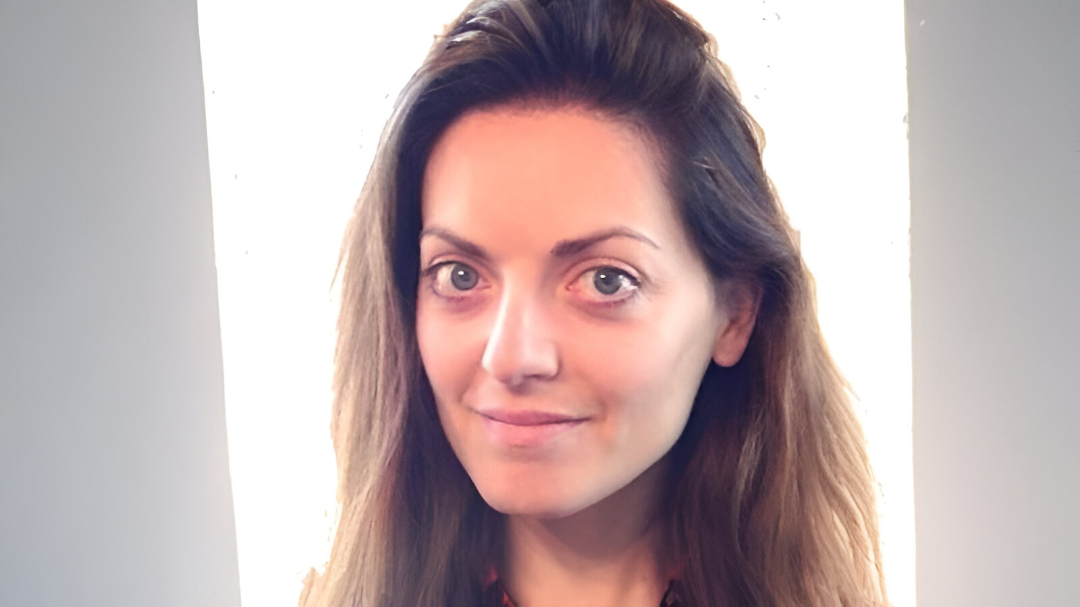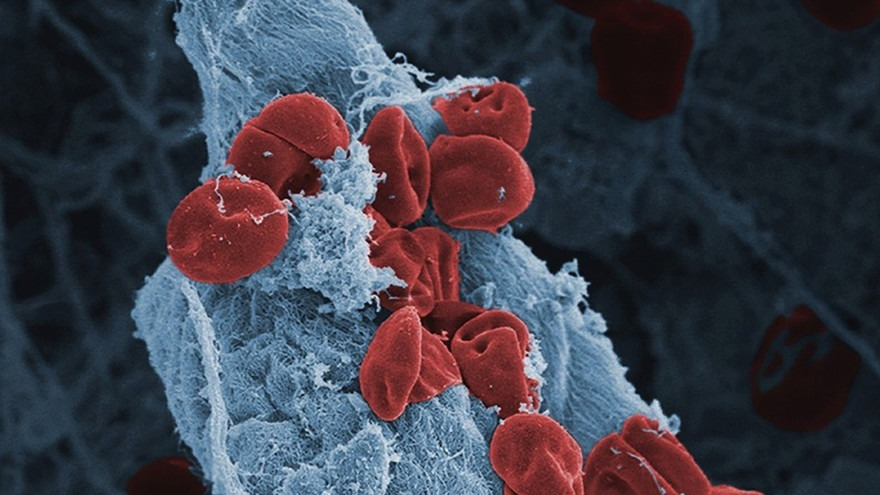
Professor Beth Psaila: Platelets are Acting as Sentinels in the Blood
Cancer Research UK (CRUK) shared a post on LinkedIn:
“Can the blood’s natural clean-up system help us detect cancer earlier?
Seven years ago, we gave Professor Beth Psaila funding to find out. Now, she’s uncovered a potentially transformative insight.
Psaila‘s team have found that platelets, best known for their role in clotting, also act as biological scavengers. They move through the bloodstream sucking up fragments of DNA, including those released by cancer cells.
It’s a discovery that could make liquid biopsies even more sensitive and effective for early detection. With a modest adjustment to how blood samples are processed, we may be able to harness platelets to detect cancer at its earliest stages, when treatment is most likely to succeed.
“Platelets are acting as sentinels in the blood,” explains Professor Psaila. “They have a unique ability to hoover up things they encounter.”
This research opens new avenues for innovation in early cancer detection and exemplifies how fundamental science can lead to life-saving clinical applications.
Find out more in the article here”

Stay updated with Hemostasis Today.
-
Feb 23, 2026, 18:13Fight4Hematology Supports Research and Empowers the Next Generation – ASH
-
Feb 23, 2026, 17:59Wolfgang Miesbach: Real-World Evidence of Emicizumab on Joint Outcomes in Hemophilia A
-
Feb 23, 2026, 17:56Shiny K Kajal: The Transfusion Reaction We Often Miss
-
Feb 23, 2026, 17:53Radheshyam Meher: Contributing to the Transfusion Evidence Round-Up for International Childhood Cancer Day 2026
-
Feb 23, 2026, 17:46Mahesan Subramaniam: The Physiological Impact of Anger on Immunity
-
Feb 23, 2026, 17:42Bryan Fry: First Evidence That Bothrops atrox Venom Directly Activates Human Factor VII
-
Feb 23, 2026, 17:34Bastu Odoka: Why Blood Should NOT be Left at the Bedside to ‘Warm’
-
Feb 23, 2026, 17:28Henry Burkitt: Patients Are Challenging How the Medicines Policy System Works in England
-
Feb 23, 2026, 16:50Mutaz Al‑Sabah: Interesting Webinar on FH in Women is Now Available to Watch

